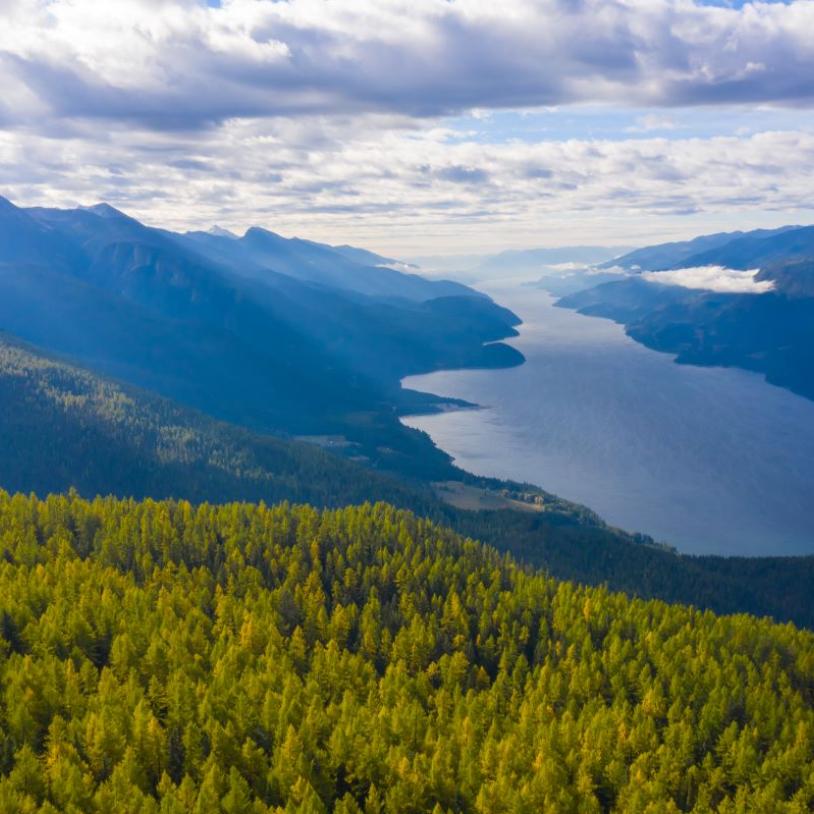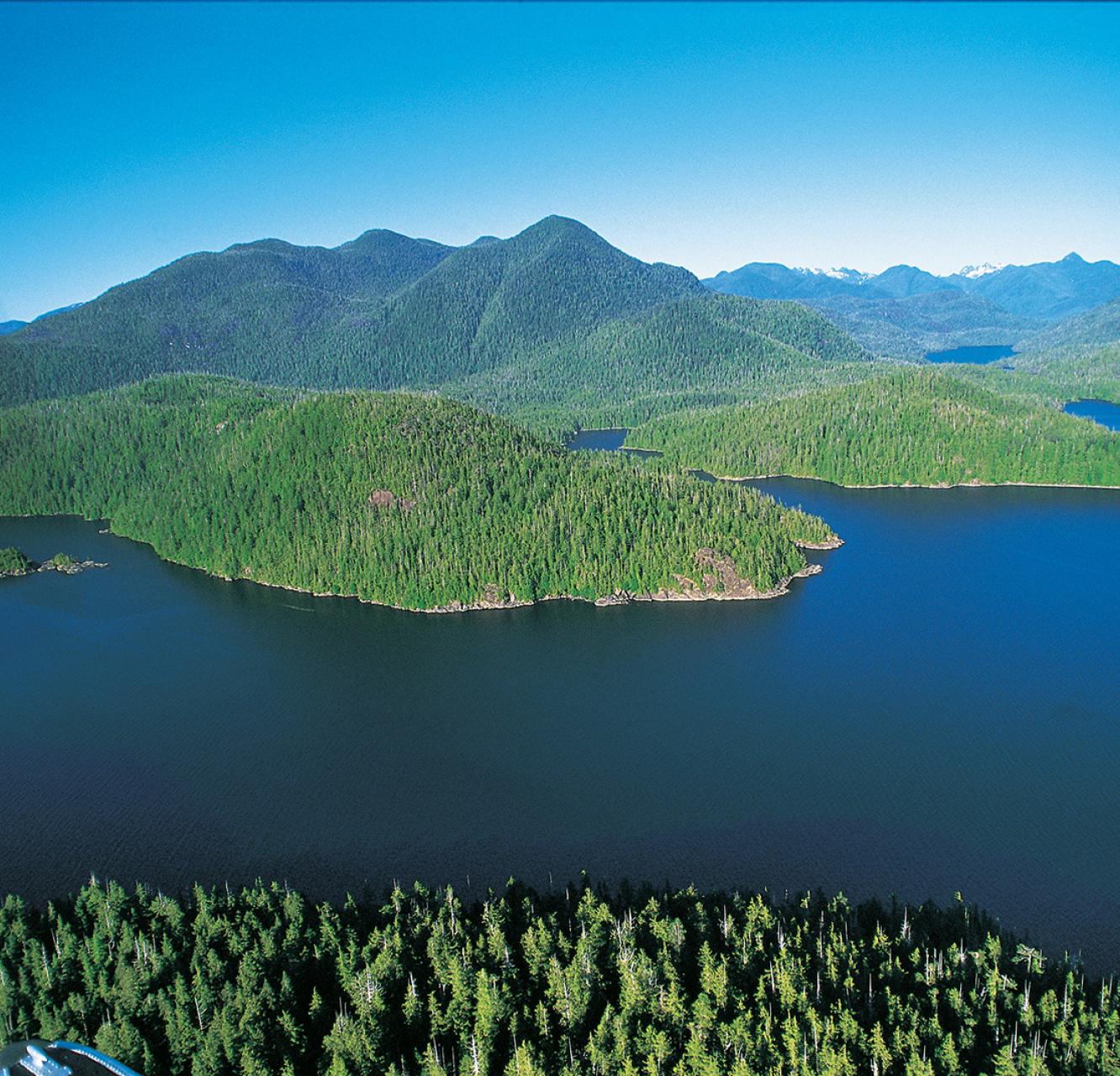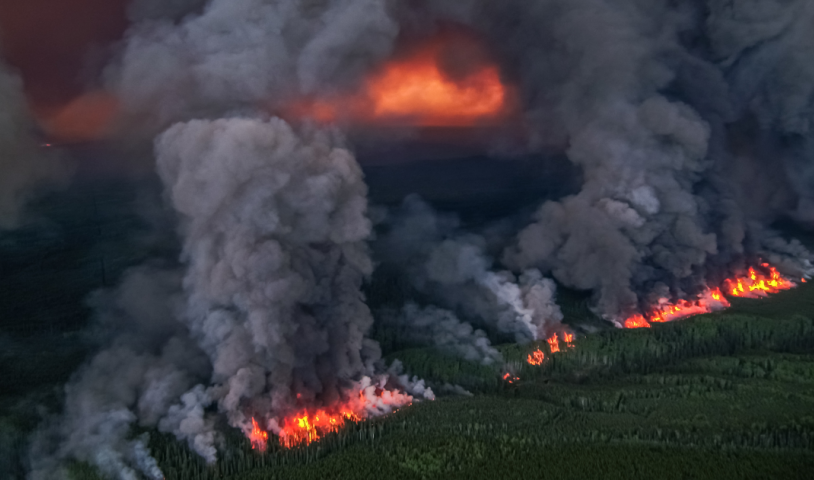B.C. Parks reaches 100th birthday, but there is little to celebrate
Sunday, February 27, 2011
Tuesday is the 100th anniversary of B.C.'s parks. The anniversary of our vaunted protected area system should be a reason to celebrate, but there is trouble in paradise.
For a century, British Columbians have fought to create a park system that is second to none. From our first provincial park, stately Strathcona, established in 1911, our parks and protected area system has grown to 14 million hectares -providing vital refuge for wildlife and an opportunity for B.C. residents to reconnect with nature.
Our parks were created by five generations of British Columbians who set aside special places for the benefit of future generations. Parks belong to us. We entrust that public legacy to governments to manage on our behalf.
Today that legacy is in trouble.
Over the past 10 years, B.C. parks have struggled under a litany of funding cuts by a provincial government that doesn't respect the ecological value of our protected area system and doesn't understand their importance to the public.
Park interpretive programs were among the first cuts. B.C. and Mississippi are now the only jurisdictions in North America with no such programs. Park rangers have become an endangered species. B.C. now has just 10 full-time park rangers to patrol a park system covering almost 14 per cent of our land base. More rangers are hired in the summer, but their numbers have been cut more than 60 per cent since 2001.
Ironically, the steepest cuts happened when the economy was on an upswing. B.C. Parks' budget is 20 per cent less than it was in 1996 when the park system was much smaller than it is today.
The B.C. government justifies funding cuts by claiming parks don't pay for themselves. But a B.C. government report shows that provincial parks more than pay for themselves, generating more than $200 million in tax revenue. Every dollar invested in our protected area system generates about $10 in visitor expenditures, in rural communities hard-hit by the economic downturn.
A 2007 funding comparison with neighbouring jurisdictions showed B.C. comes in dead last in parks funding -investing just $2.52 per hectare in our park system, compared to $17.03 for Alberta. In this 100th anniversary year, the B.C. government has cut the parks operating budget yet again.
The result of a decade of neglect is declining attendance. Park visits have dropped by 25 per cent since 1999 -a decline not seen in B.C.'s national parks. Parking meters installed in 42 popular parks have driven away millions of visitors.
Trails have fallen into disrepair. Some parks have closed permanently, fewer are open to the public, and many had seasons shortened. Pinecone Burke Provincial Park, established in 1996, is still waiting for its first outhouse. In Strathcona Park, snowmobiles and motorized traffic access non-motorized zones with impunity, because there are no rangers to enforce regulations.
In September 2010, B.C.'s auditor general confirmed what many people already knew -that "little action has been taken to ensure the conservation of ecological integrity" of B.C.'s park system.
In 2003, the B.C. government introduced legislation that opens B.C. park boundaries to industrial road building and resource extraction, and tried to introduce private for-profit resorts into B.C. parks.
It is time for a change. In the coming weeks, the B.C. government will likely make minor announcements regarding tiny increases in the B.C. Parks budget and reinstate interpretive programs. These announcements will be a small step in the right direction, but they won't begin to address a decade of neglect.
If the provincial government understands the importance of our park system, real action will be taken.
First steps include: a doubling of B.C. Parks' operational budget, as recommended by the government-appointed park legacy panel; implementation of the auditor general's recommendations to protect the ecological integrity of our park system; and a pledge that our parks and protected areas will be the same source of pride for our children and grandchildren as they are for us.
Without these guarantees and real commitments from the B.C. government, the parks centennial celebrations will ring hollow.
Gwen Barlee is the policy director of Western Canada Wilderness Committee. Darryl Walker is the president of the B.C. Government and Service Employees' Union.





